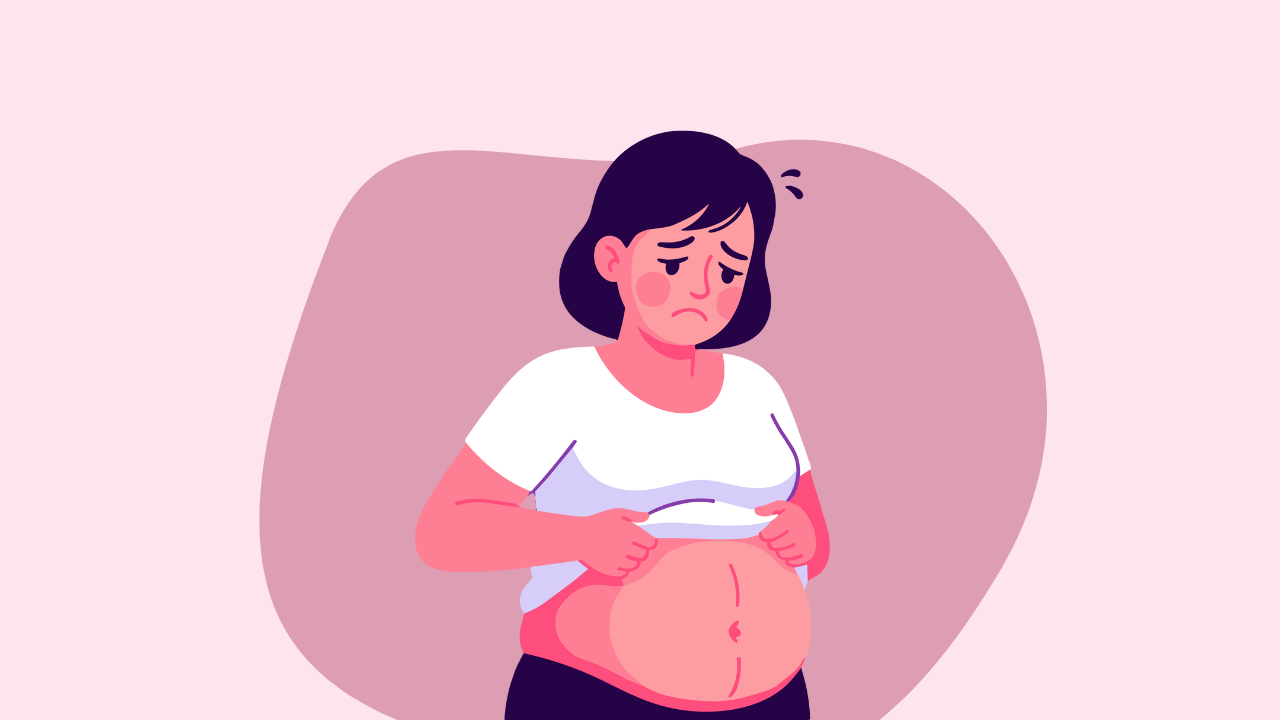Half of Americans Still Don't Know When to Start Mammograms

Mammograms remain one of the most powerful tools in early breast cancer detection. They can identify cancer before symptoms appear, and according to the U.S. Preventive Services Task Force, regular screening reduces the risk of dying from the disease. Yet despite widespread medical consensus on the importance of mammography, confusion persists about when women should begin.
According to the Annenberg Public Policy Center of the University of Pennsylvania, only 49% of adults in the United States correctly identified age 40 as the starting point for biennial mammograms among women at average risk. Their April 2025 survey, which polled more than 1,600 adults, revealed that the other half of respondents either selected incorrect ages or weren’t sure at all.
The confusion may stem from years of evolving recommendations. Guidance has shifted from age 40 to 50 and back again. In April 2024, the U.S. Preventive Services Task Force published its finalized recommendation in the Journal of the American Medical Association, stating that women with average risk should begin mammograms every two years starting at age 40 and continuing through age 74.
Other organizations offer more detailed timelines. According to the American Cancer Society, women may choose to begin annual screening as early as age 40, but should start yearly exams at 45 and transition to every other year at age 55, as long as they remain in good health.
Even with new federal guidance, awareness has not caught up. The Annenberg survey found that only 37% of women aged 18 to 29 knew that mammograms should begin at 40. Among those in their 30s, 63% responded correctly. By comparison, 72% of women ages 40 to 49 answered accurately — suggesting that knowledge increases only when the decision becomes more immediate.
Misinformation runs in both directions. Among younger women, the most common incorrect guess is age 30, a decade too early. Among women in their thirties — just years away from eligibility — the most common error is age 50, a decade too late.
According to the Annenberg Public Policy Center, the survey was part of its long-running Science and Public Health Knowledge initiative. This wave included a nationally representative panel of 1,653 adults and was conducted by SSRS between April 15 and 28, 2025. The margin of error was ±3.4 percentage points at a 95% confidence level.
Mammograms save lives, but only if women know when to begin. The medical community has spoken. The message just isn’t reaching everyone.







